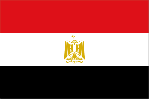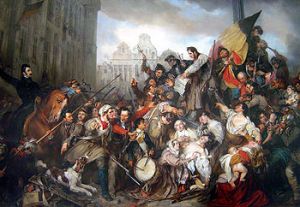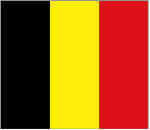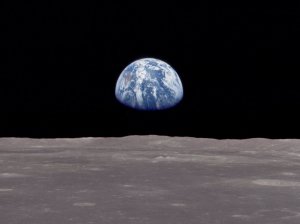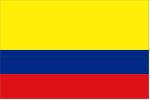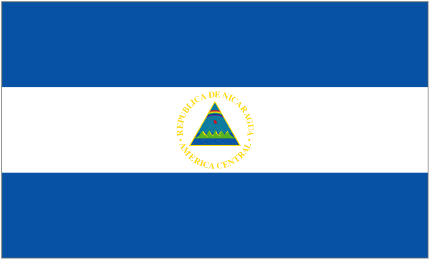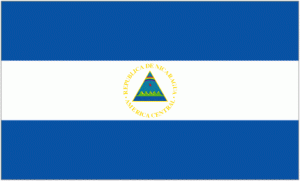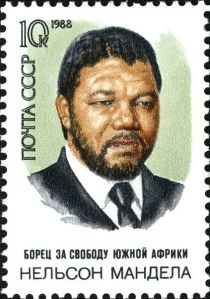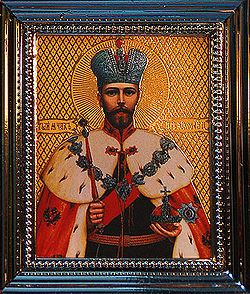July 23
Before the revolution we were a poor people living in a very miserable situation and suffering from imperialism and the occupation by British forces…Everything changed in Egypt after the revolution.
— Ahmed Hamroush, a former leader of the Free Officers Movement
The British government recognized Egypt’s autonomy back in the late 19th century, but only on paper. Even after World War II, Egypt was occupied by British forces, eager to keep a hold of one of the most strategically valuable lands on the planet. Egyptians saw their king as a puppet monarch of the West, and the government as corrupt.
In 1952 Lieutenant Colonel Gamal Abd Al-Nasser and General General Mohammad Neguib organized a group of “Free Officers” from the army corps with the intent to free the country from European control.
The revolution took place literally overnight. On the morning of July 23 the Free Officers took over vital government offices, utilities, and media stations, and announced the change of government to the Egyptian people. The coup was extremely well-orchestrated and highly successful thanks largely to Colonel al-Nasser’s planning. He and General Neguib forced King Farouk I to abdicate on July 26.
General Neguib became the first President, and Nasser became the Minister of the Interior, taking over the presidency in 1954.
The July Revolution inspired nations and colonies across Africa and the Arab world to fight for and demand independence from Western powers.
To this day, July 23 is Egypt’s National Holiday.
The July Revolution shall remain till the end of time one of the greatest events in the history of Egypt, which we celebrate its glorious memory every year. We will always renew our honour and pride in a unique national revolution that changed the face of life in Egypt, becoming among the greatest revolutions in the history of mankind. — President Mubarak, 1993
Apathy in Egypt on coup’s Anniversary
2011: Of course, since this entry was written, Egypt has undergone quite a different revolution, making former President Mubarak’s quote above all the more ironic. It remains to seen whether the the Arab Spring of 2011 will inspire new or additional annual commemorations in the years ahead.

